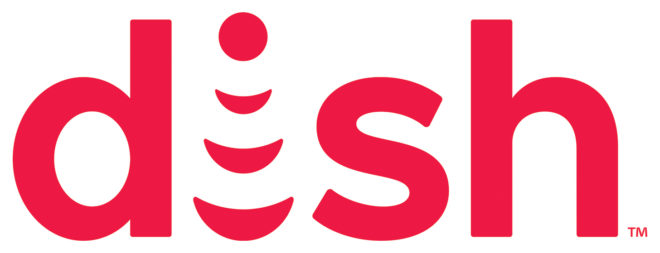T-Mobile and Dish Network bicker over extension of 600MHz spectrum loan

With T-Mobile and Dish Network coming to an agreement that helped get the T-Mo-Sprint merger done and Dish lending T-Mobile its 600MHz spectrum during the coronavirus pandemic, some might think that the two companies are pretty friendly. But a new FCC filing suggests that they might not be quite as chummy as some thought.
T-Mobile recently submitted a filing with the FCC to ask for an extension on the agreement that’s allowing T-Mo to use Dish’s 600MHz spectrum to augment its network during the pandemic. Included in the filing is an email from a Dish executive to the FCC and T-Mobile objecting to T-Mo’s request for an extension for a few reasons, including the argument that T-Mo was purportedly using Dish’s spectrum as part its marketing.
Dish claims that since T-Mobile gained access to the 600MHz spectrum on March 15, T-Mo “has publicized the capacity benefits of this spectrum in press statements, tweets and advertisements in an apparent effort to acquire new subscribers,” including TV commercials that focused on T-Mo’s doubled 600MHz capacity.
“The purpose of Dish’s initial grant was to help T-Mobile increase capacity during the crisis to serve customers, not to use Dish’s spectrum as part of a commercial marketing effort,” the Dish exec says.
Dish also argues that T-Mobile’s request was “procedurally improper”. The FCC rules about extensions like this say that parties should ask for an extension 10 days before the end of the current agreement. Dish’s original agreement ended on May 14, and Dish argues that T-Mo gave no reason why it didn’t ask for the request by the due date on May 4 instead of waiting until May 12.
T-Mobile responded to Dish’s arguments in its FCC filing, saying that its request wasn’t improper because the FCC rules only say that extension requests “should” be submitted 10 days before the end of the current agreement. T-Mo also says that it had a reason not to submit its request earlier, which is that it was negotiating with Dish for the continued use of that 600MHz spectrum with Dish’s consent.
As for Dish’s argument that T-Mobile advertised the added spectrum to attract new customers, T-Mo calls that an “unsubstantiated claim.” T-Mobile says that Dish and other companies allowed it to use the loaned 600MHz spectrum in support of increased customer demand and that T-Mobile’s communication to customers was to provide assurances that the network can continue to deliver the service customers expect.
T-Mobile goes on to cite some stats that show customer usage during the coronavirus to back up its request for an extension on this 600MHz loan. T-Mo says usage of smartphones for hotspot tethering on its network is up 57% and that wireless traffic has significantly grown in residential locations where the network is frequently less dense.
Ultimately, Dish did agree to extend T-Mobile’s loan of the 600MHz spectrum so long as T-Mo shuts off those airwaves within 72 hours of Dish notifying T-Mobile to vacate them or until June 30, 2020, whichever comes first.
Dish also asked T-Mobile to exclude license call sign WQZM540 because Dish had planned on performing its own testing in the Denver market on May 15th.
This whole kerfuffle is notable because of the aforementioned part where Dish helped T-Mobile get its Sprint merger approved by the government. When the Justice Department gave the merger the green light, it based that decision on an agreement that Dish would purchase Sprint’s prepaid businesses and that T-Mo would provide cell sites and retail locations to Dish, all in an effort to help make Dish into a fourth competitive US carrier.
Via: Light Reading
Source: FCC
